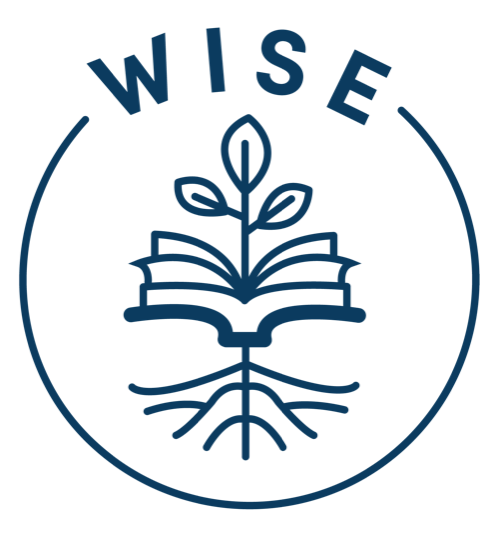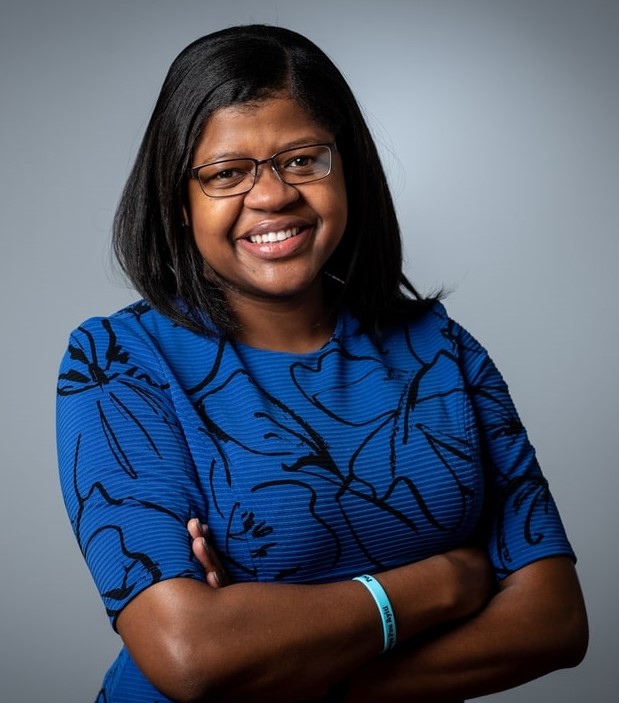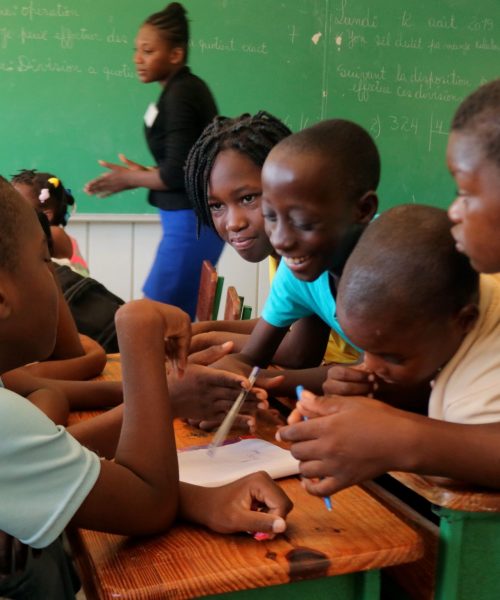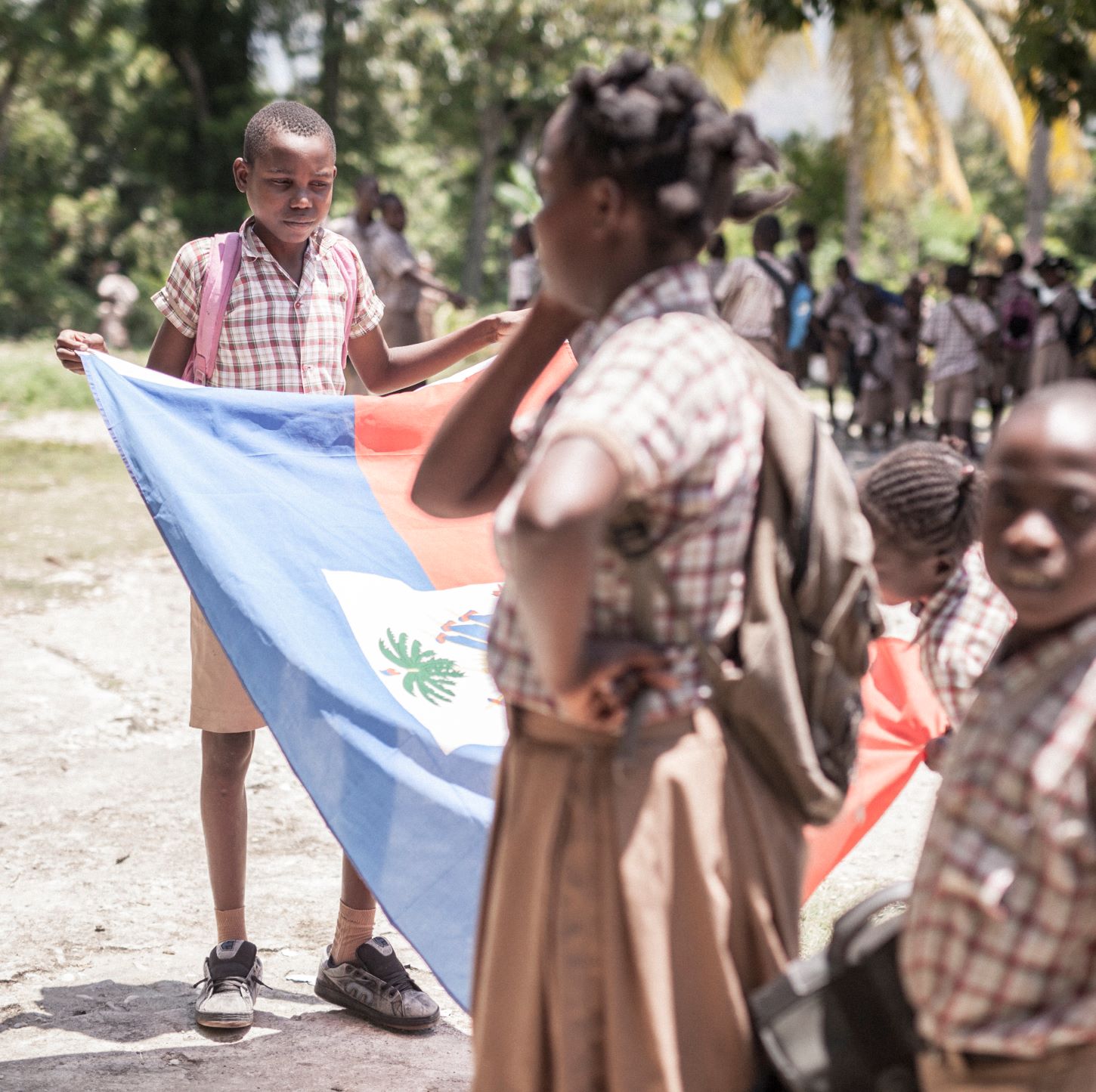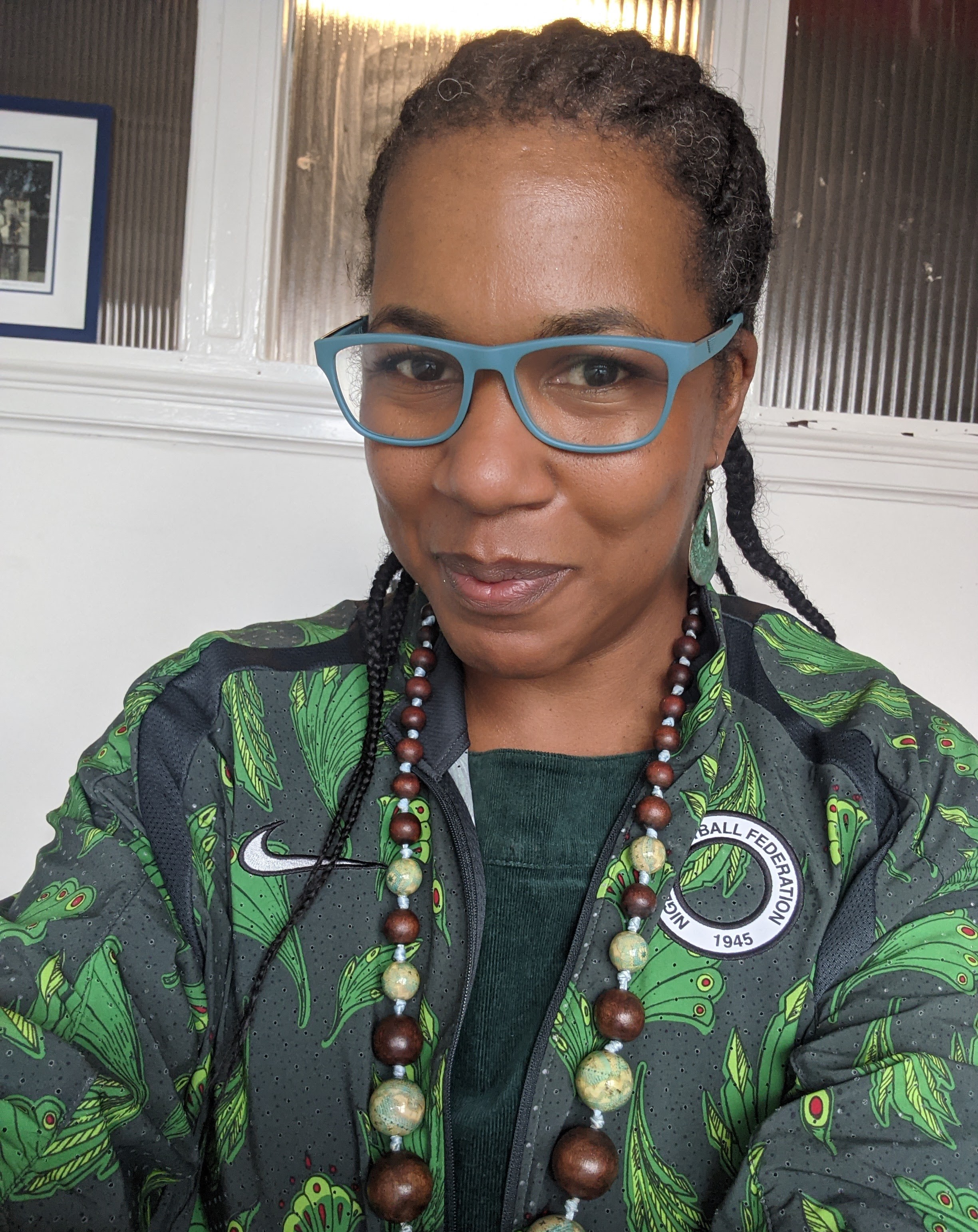To further transform the education system, APA is bringing Haitian traditions back into the classroom, reverting the language of instruction from French back to Haitian Creole and re-introducing civics as a cornerstone of the curriculum. Nedgine said, “There’s something really powerful about revaluing and reusing what is core to our own culture including our folk stories, legends, proverbs that build collaboration and critical thinking skills.”
By reinstituting Haitian Creole as the language of instruction, APA is reviving pride in Haitian culture and reversing stigmatization of the language, which was previously banned in classrooms. Nedgine explained, “Haitians have a right, anywhere and everywhere, to speak their mother tongue with zero disdain or inferiority.”
Next, APA is reintegrating civics into the core curriculum to equip future generations to be active citizens. Furthermore, Nedgine believes that education, identity, and civics are interconnected and must be taught as such.
“[Civics] is not a subject on its own. You can teach math by integrating civics.
